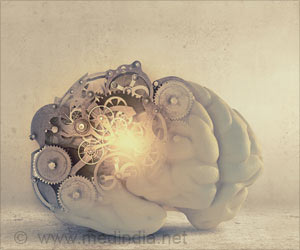examines the privately insured adults hospitalized for major depression or bipolar disorder.
‘Electroconvulsive therapy needs to be delivered in an outpatient setting to reduce the cost and to increase utilization among patients.’
The study discovered that patients receiving ECT are hospitalized for long time and increased the total health care costs compared to patients receiving standard care.
“Although ECT is an effective therapy for treatment-resistant depression, its high cost is a deterrent,” said author Edeanya Agbese, research project manager in the Department of Public Health Sciences and the Center for Applied Studies in Health Economics.
They examined several factors including patient characteristics, length of hospitalization and treatments received using a private insurance database.
The findings of the study revealed that depending on the number of treatments, patients receiving ECT were hospitalized four to 29 days longer and incurred an additional $5,700 to $52,700 more than patients who did not receive this treatment. They also continued to have higher health care costs even after hospitalization.
Researchers believe that if ECT treatments are offered in outpatient settings, it can be beneficial and more cost-effective for patients depending on the illness severity.
As this study focused on privately insured individuals, it did not explore the financial implications and out-of-pocket expenses for ECT patients without health care insurance or those on Medicare and Medicaid.
Source: Medindia



